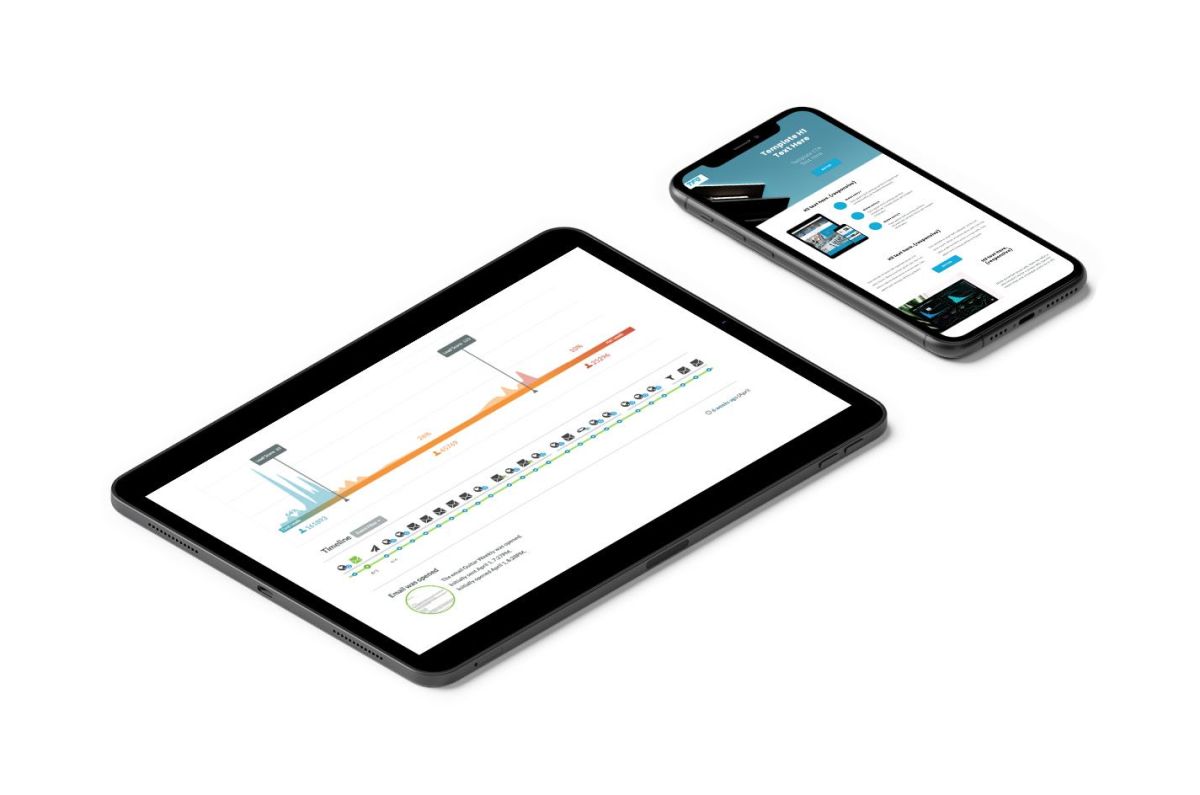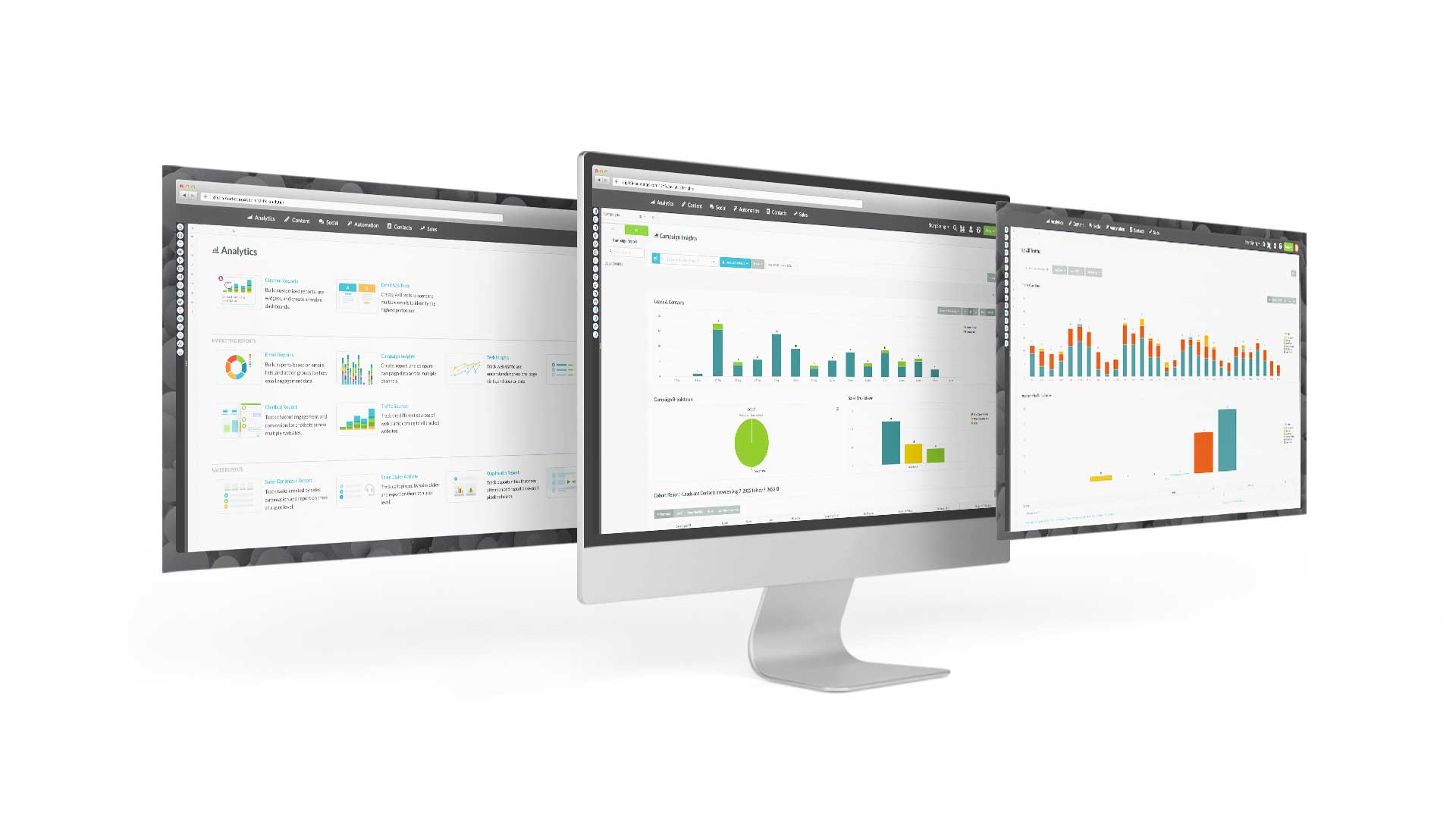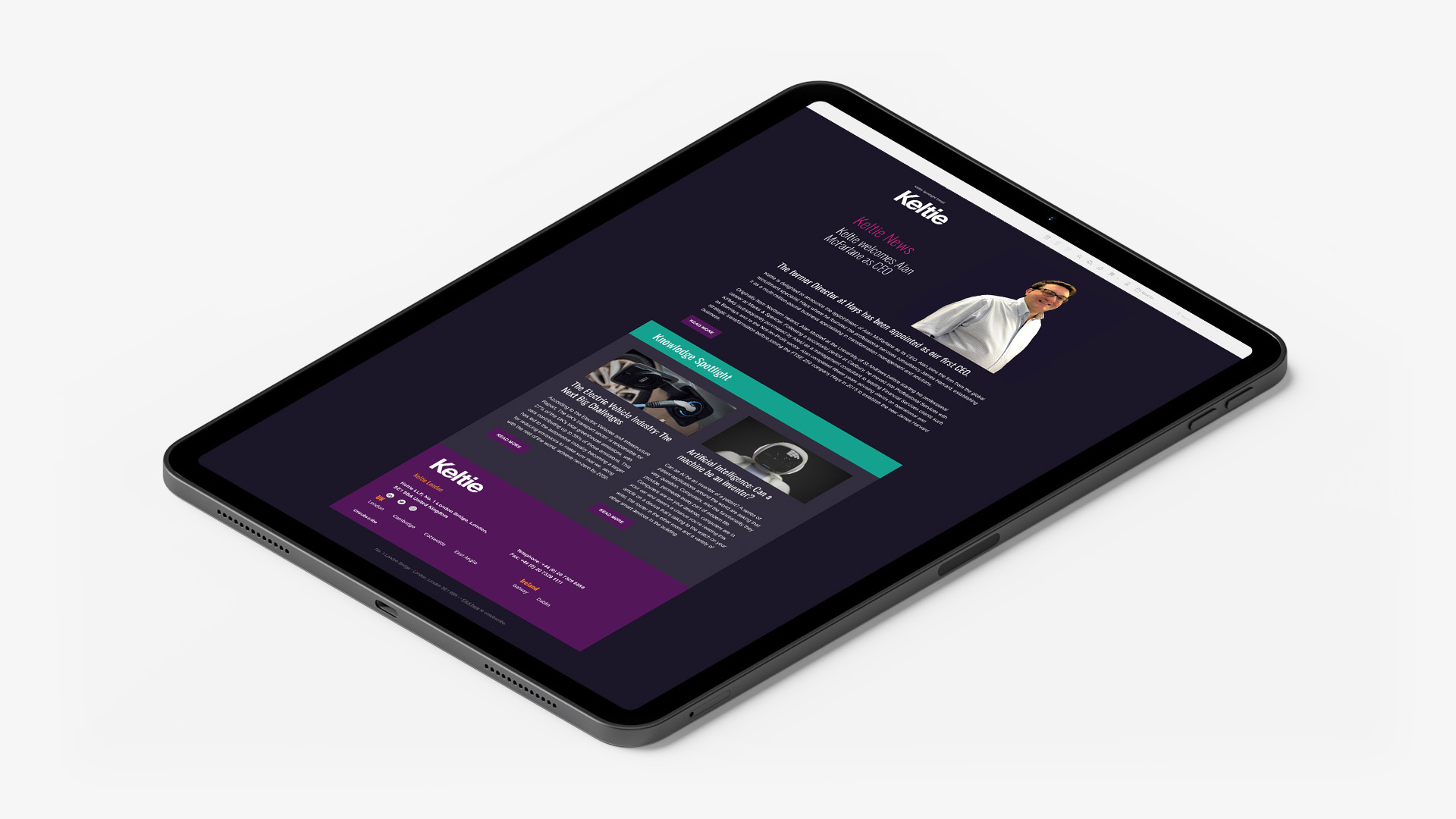This is our process of bringing creative ideas to life and executing them in a way that resonates with the target audience. It involves the strategic planning and execution of various marketing and communication channels, including advertising, social media, events, content creation, and public relations.
Effective activation requires a deep understanding of the target audience, the competitive landscape, and the channels being utilised. It also requires creativity, attention to detail, and the ability to measure and analyse performance data to continuously improve activation efforts.
Successful activation results in increased brand awareness, engagement, and conversions, ultimately driving revenue and growth for the business.







